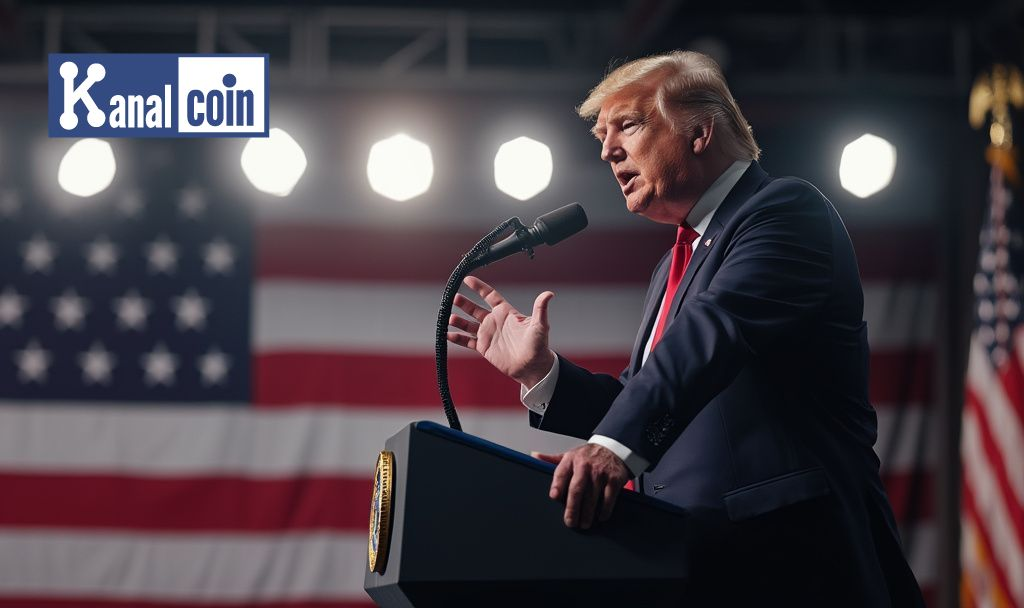
Trump’s Tariffs Focus on Boosting U.S. Pharma Manufacturing
President Trump announced intent to impose “major tariffs” on pharmaceutical imports last week. This policy highlights his administration’s strategic shift toward protecting domestic industry interests, similar to when Trump declared a national emergency for competitive edge and security enhancement.
The tariffs aim to boost U.S. manufacturing of pharmaceuticals. This move involves significant stakeholders, including international pharmaceutical corporations and domestic policymakers.
Market Volatility and Price Hike Concerns Post Announcement
The announcement prompted mixed reactions from market players. Pharmaceutical stocks experienced volatility following the news. Analysts warn of potential price increases for imported medications.
The tariffs might trigger a shift in global supply chains. Data suggests an increase in domestic production could affect U.S. jobs and economy. Historical trends indicate similar policies led to economic repercussions, as demonstrated by the testimony on safeguarding pharmaceutical supply chains in the global economy.
Trade Tension Risks with New Tariff Strategy
Similar tariff announcements in the past affected market stability. Previous policies often resulted in trade tensions and economic shifts, challenging international business relations.
Experts suggest these tariffs could create administrative challenges and possible resistance from affected nations. Historical data underscores the complexity of such economic decisions, as discussed when Cantwell and Grassley introduced a bill to reaffirm Congress’s trade role.
Mark Cuban, Entrepreneur, Cost Plus Drugs – “Such tariffs could force companies focused on affordable drugs to either raise prices or lose profitability.”


